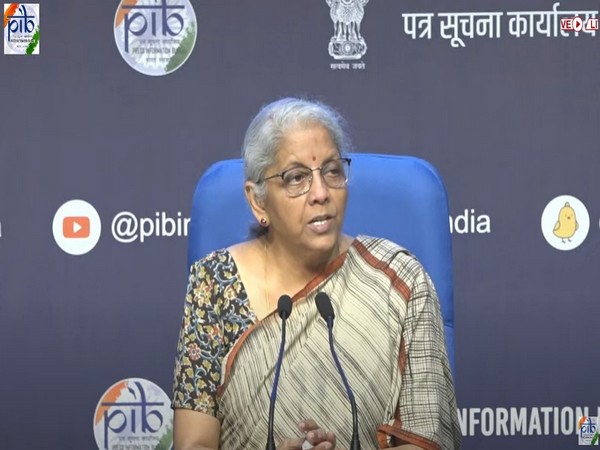The Goods and Services Tax (GST) Council recently held a meeting in New Delhi, where Finance Minister Nirmala Sitharaman announced that the next meeting is tentatively scheduled for August. During this session, the Council proposed exemptions for specific services offered by the Indian Railways, including intra-railway transactions. This move is aimed at easing the compliance burden and providing relief to taxpayers. One of the key decisions made during this meeting was to waive interest penalties on demand notices for certain fiscal years, provided that the full tax amount is paid by March 31, 2025.
Additionally, the Council approved an extension for availing input tax credit and recommended setting monetary thresholds for filing appeals by departments to curb government litigation. Small taxpayers were also given an extension for furnishing returns, while clarification was provided on the GST rates for sprinklers and accommodation services. The Council also recommended the phased rollout of biometric-based Aadhaar authentication for GST registration applicants across India. Bihar’s Deputy Chief Minister Samrat Chaudhary has been appointed as the Chairman of the Group of Ministers (GoM) on Rate Rationalization, with a focus on presenting a status report in the next meeting.
Moreover, the Council recommended a uniform GST rate of 12 percent for all milk cans, carton boxes, and solar cookers, irrespective of their material or energy source. Sitharaman reiterated the central government’s intent to bring petrol and diesel under the GST framework, emphasizing the groundwork laid during the initial implementation of GST. However, she also acknowledged that this decision requires consensus among states, as they have a significant role in determining taxation rates. The meeting saw the participation of various Union and State government officials, highlighting the collaborative effort to streamline taxation and reduce prices for consumers.
In conclusion, the recent GST Council meeting in New Delhi focused on easing compliance burdens, providing relief to taxpayers, and making key decisions to facilitate trade and simplify processes for businesses and individuals. The exemptions proposed for specific services offered by the Indian Railways, along with the waiver of interest penalties on demand notices, will benefit taxpayers in the coming years. With extended deadlines for availing input tax credit and filing returns, as well as clarity on GST rates for various products and services, the Council aims to enhance transparency and efficiency in the taxation system. The government’s commitment to bringing petrol and diesel under the GST framework reflects efforts to streamline tax rates and potentially reduce prices for consumers, pending consensus among states. The collaborative approach taken during the meeting highlights the importance of coordination between Union and State governments in achieving common taxation goals.










